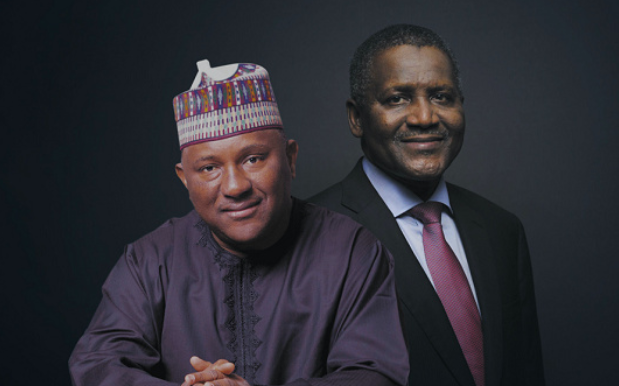Nigeria’s external reserves rise by 2.83% as CBN says Nigeria witness upsurge in forex inflows

Nigeria’s external savings have recorded a 2.83% yearly rise following increased inflows from foreign capital remittances.
According to data from the Central Bank of Nigeria (CBN), foreign currency reserves rose to $34.11 billion as of March 7, 2024, from $33.17 billion at the beginning of the year.
Nigeria experiences massive forex inflows
External reserves are a country’s central bank’s foreign currency and other assets.
They are typically made up of foreign currencies, gold, and other international assets.
An increase in reserves can lead to economic stability, suggesting that the country has enough Forex to meet international obligations and manage potential economic shocks.
Rising reserves can support the value of the domestic currency as the central bank can intervene in currency markets to halt excessive fluctuations.
According to reports, the CBN announced recently that the country witnessed an upswing in Diaspora remittances, rising by 433%, hitting $1.3 billion in February in February, compared to $300 million in January.
Naira depreciate further
Another Economist Intelligence Unit (EIU) report indicates that the Nigerian currency will fall as low as N2,000 per dollar in 2024.
On Friday, March 8, 2024, the naira depreciated to about N1,637 per dollar in the official market, while traders quoted the intraday high at N1,640 per dollar and a low of N1,413 per dollar.
The Nigerian government collapsed the various FX windows on June 14, 2023, in a Forex reform that has seen the naira lose over 50% of its value.
The Central Bank of Nigeria stopped its interventions in the FX markets to allow the naira to float and ‘find its true value.’
The apex bank recently reintroduced the weekly sales of Forex to Bureau de Change (BDC) operators to enhance the naira’s performance against the dollar.
UK research group predicts naira to hit N2,000/$ in 2024
Legit.ng reported that the Economist Intelligence Unit (EIU) has stated five critical risks for Nigeria that could seriously affect the actualisation of essential goals of peace, economic progress and development in the coming months.
The EIU, in its March 2024, reported the high possibility of Nigeria moving too rapidly on market reforms and causing unrest that could force the government to make concessions on its reform policies and labour union strikes that could grind the economy to a halt.
The report said that the Nigerian currency will cross the N2000 per dollar threshold by the end of the year.
Source: legit.ng





